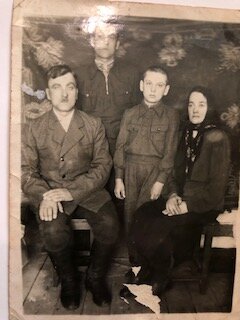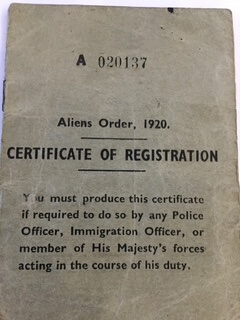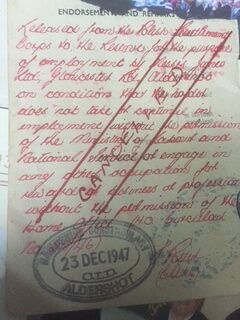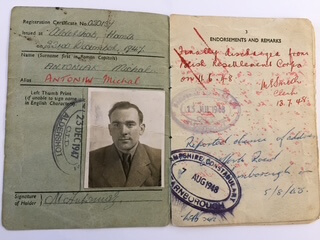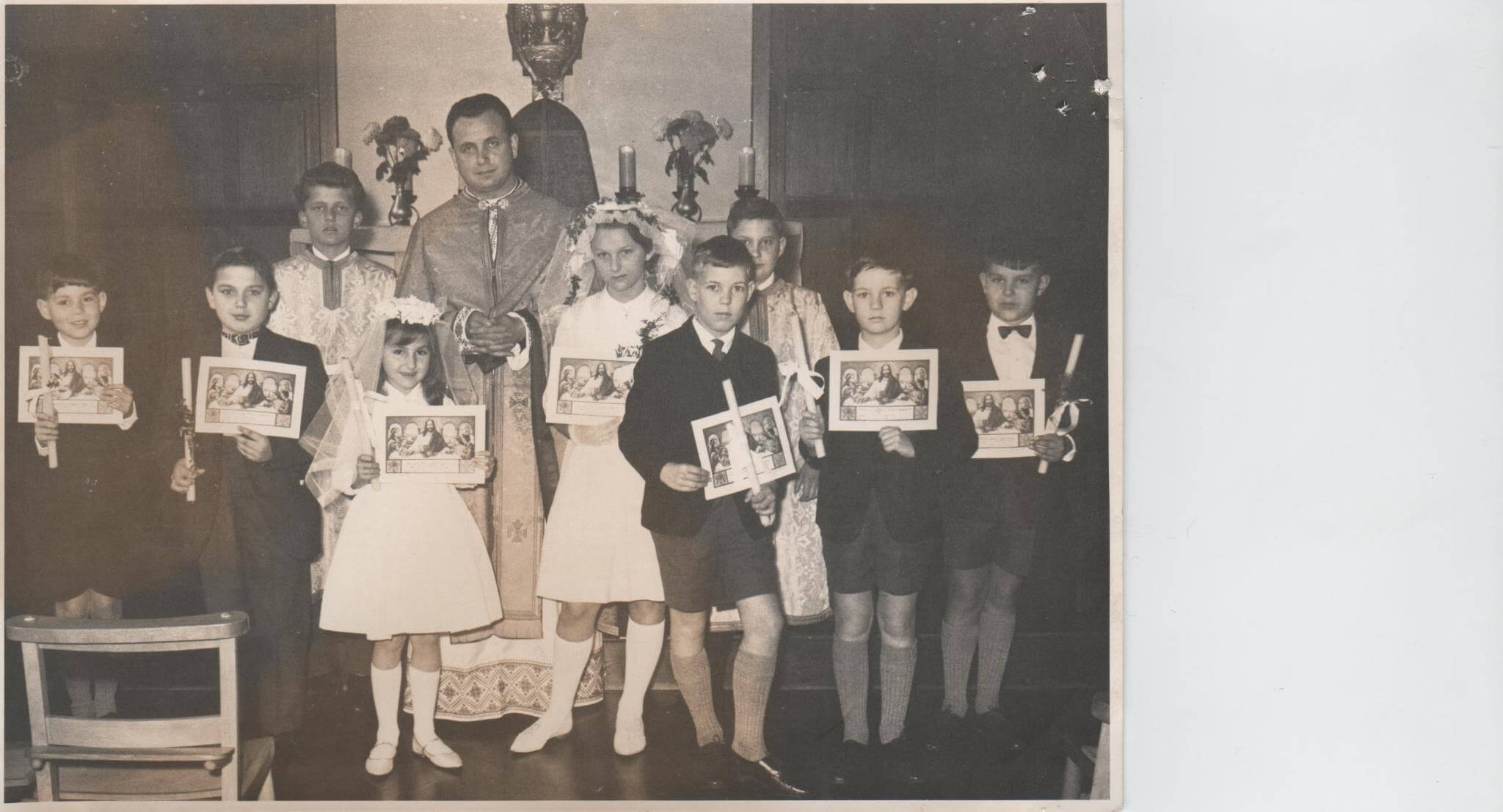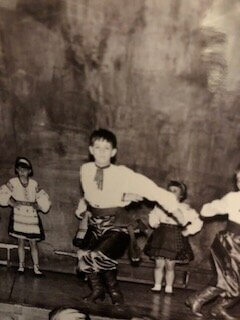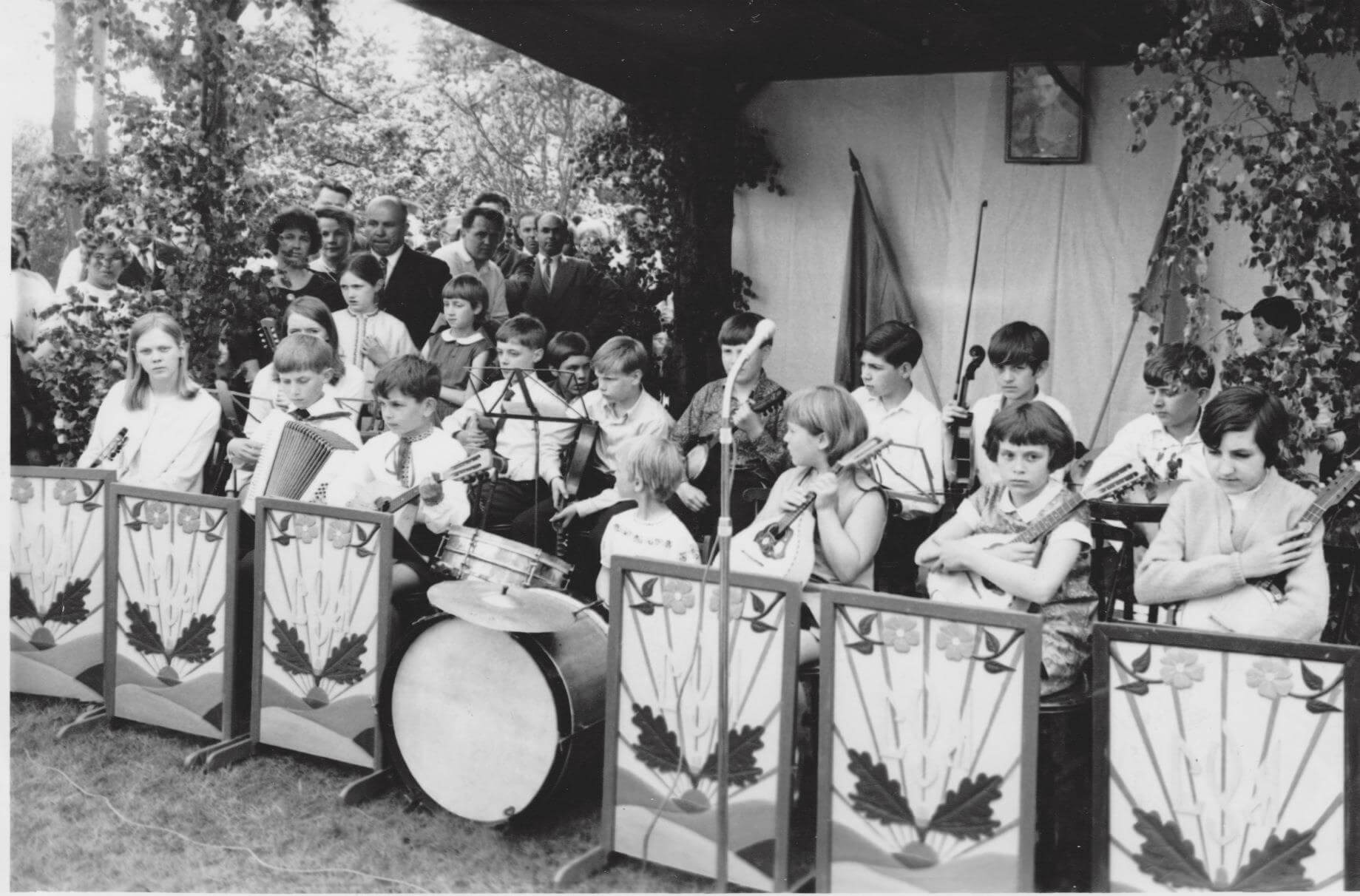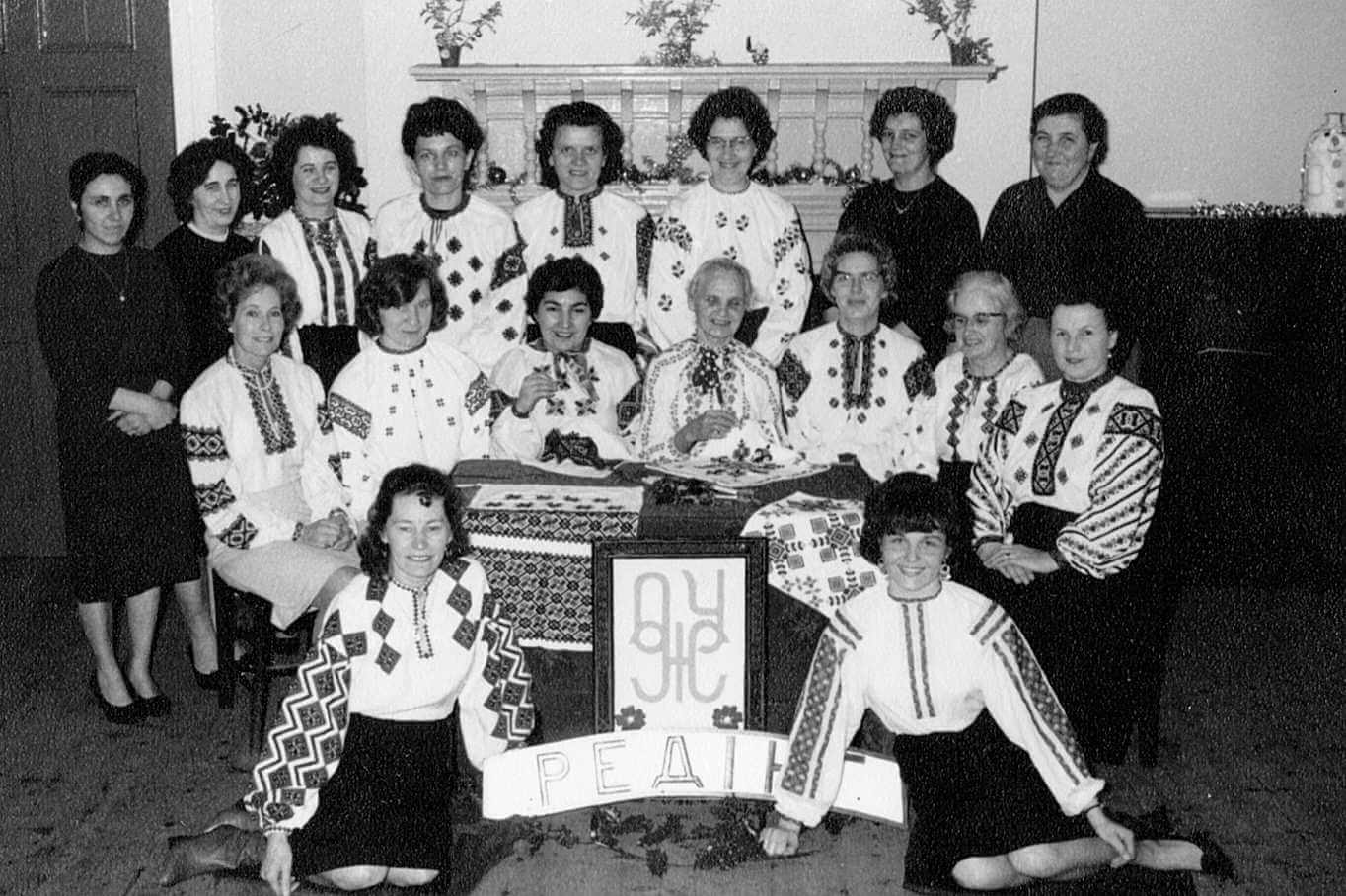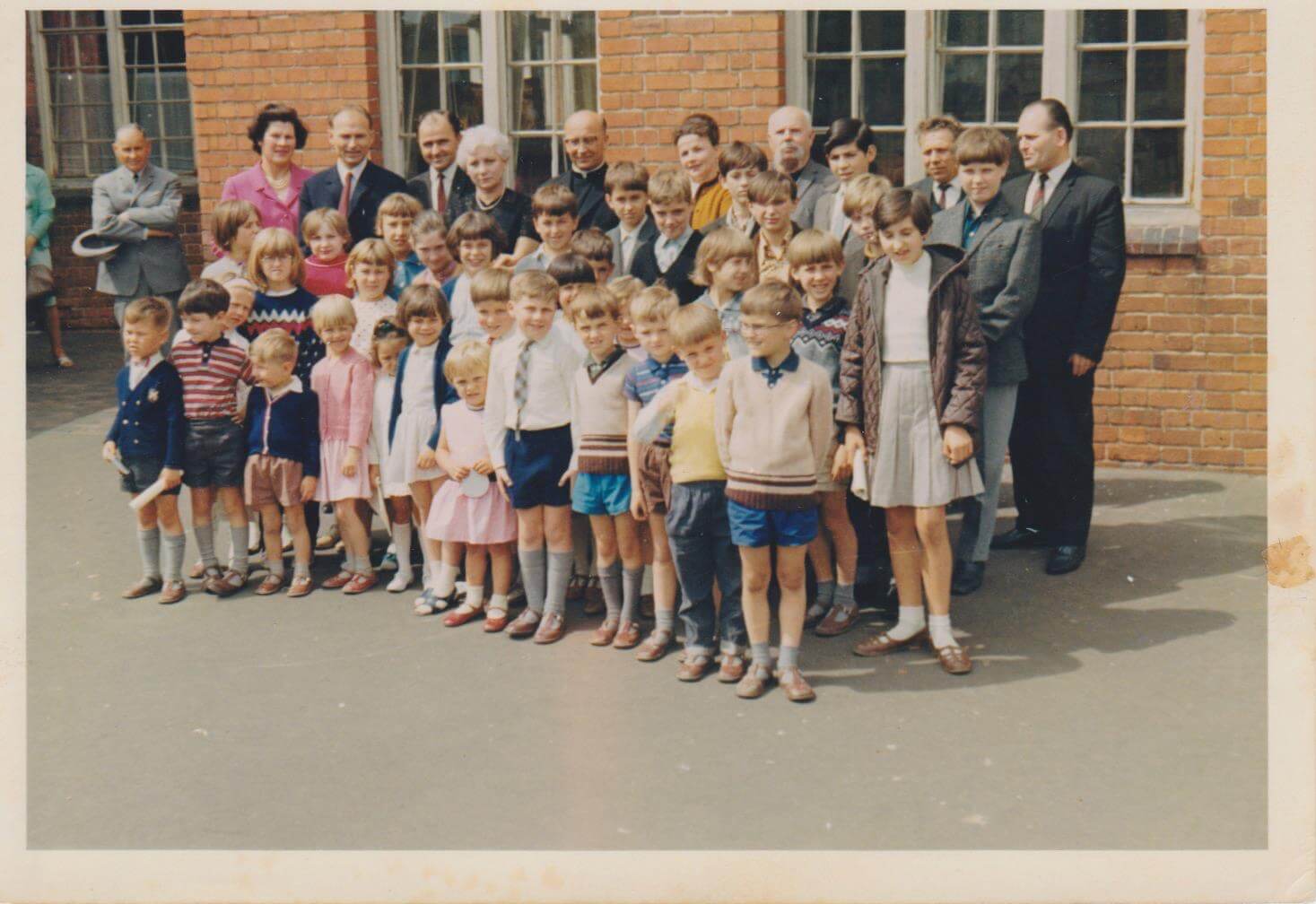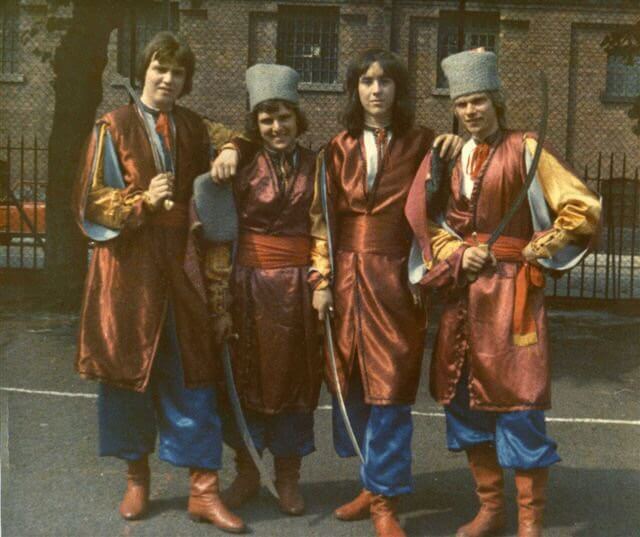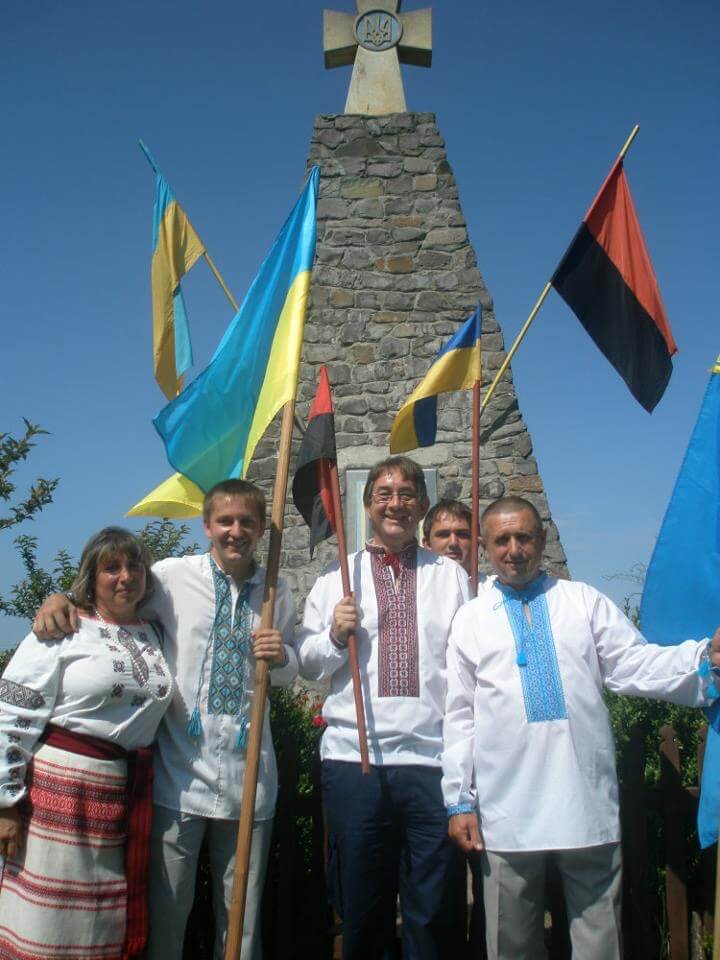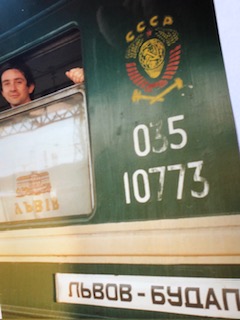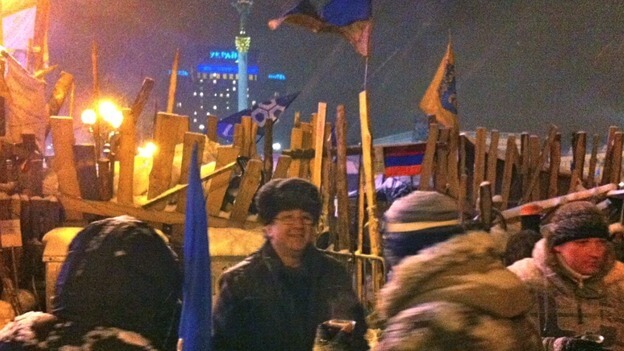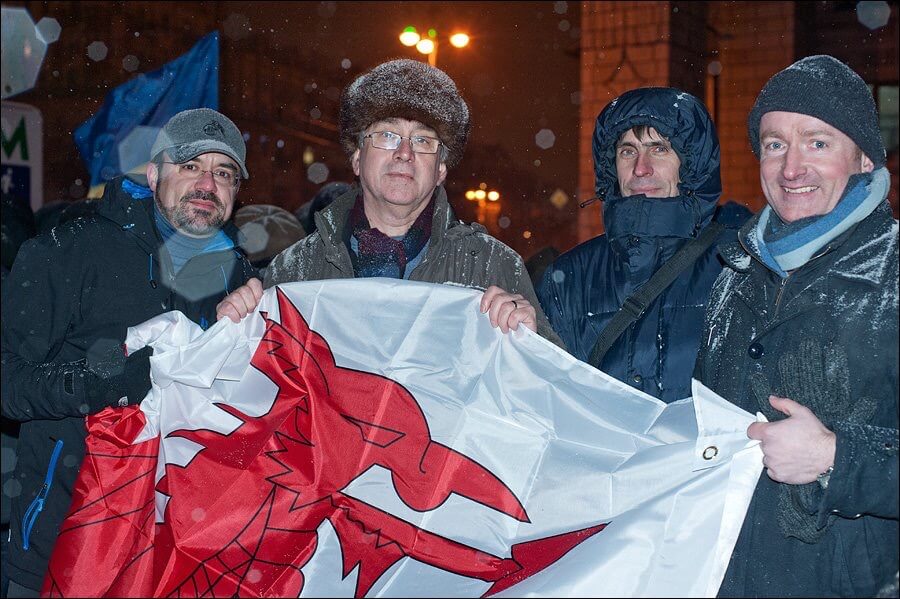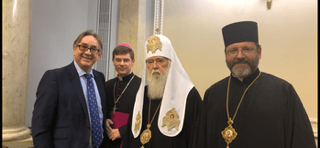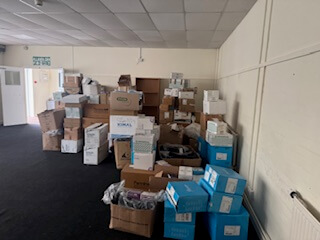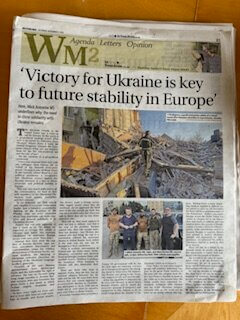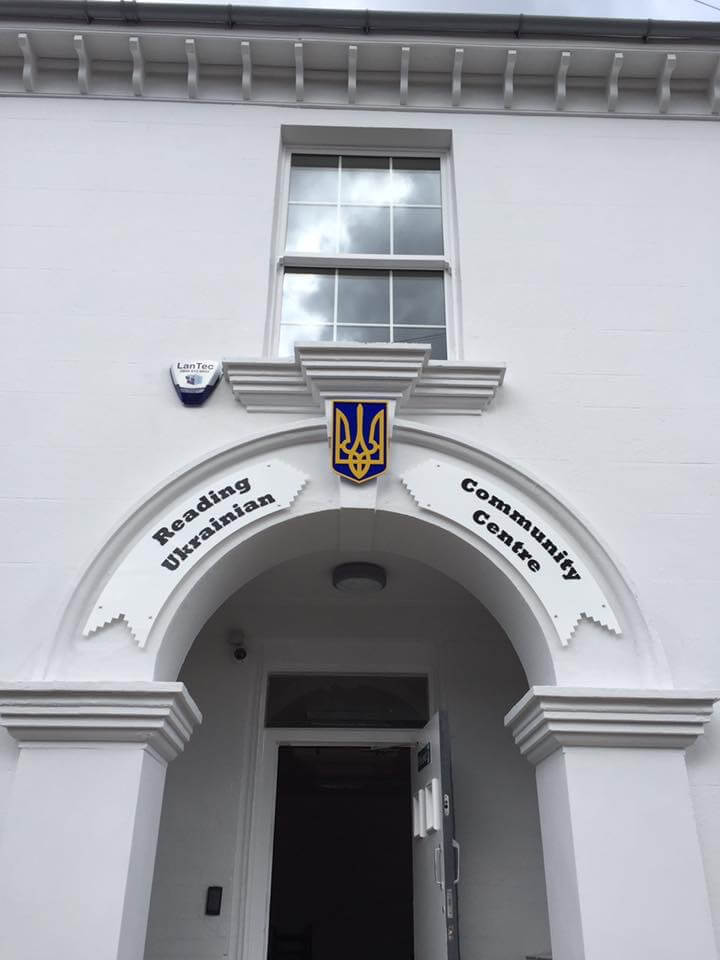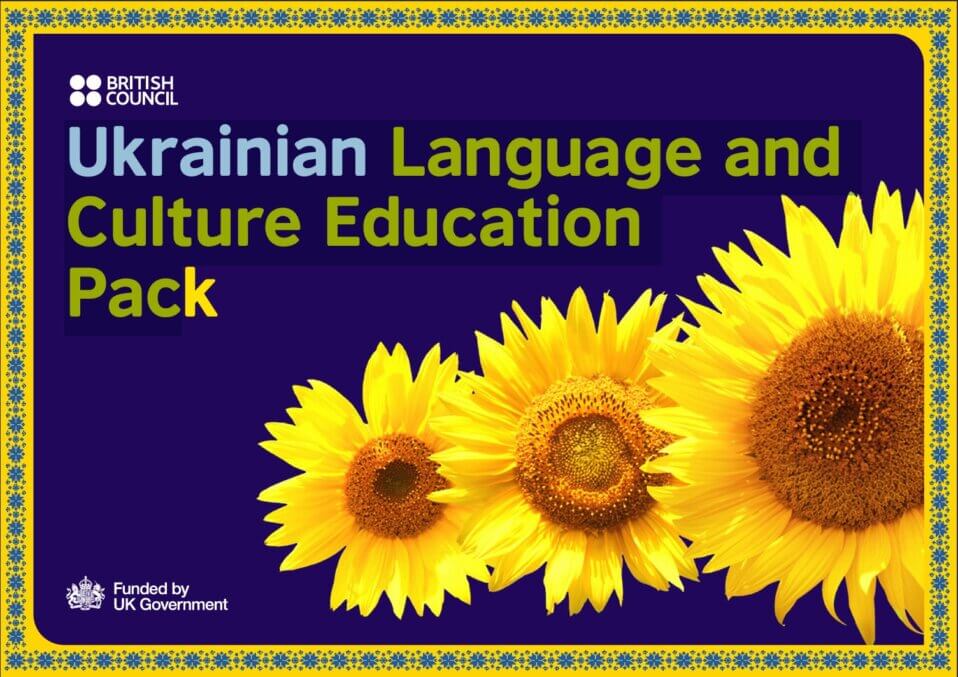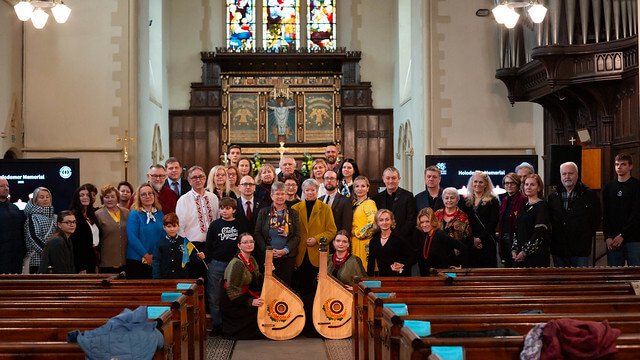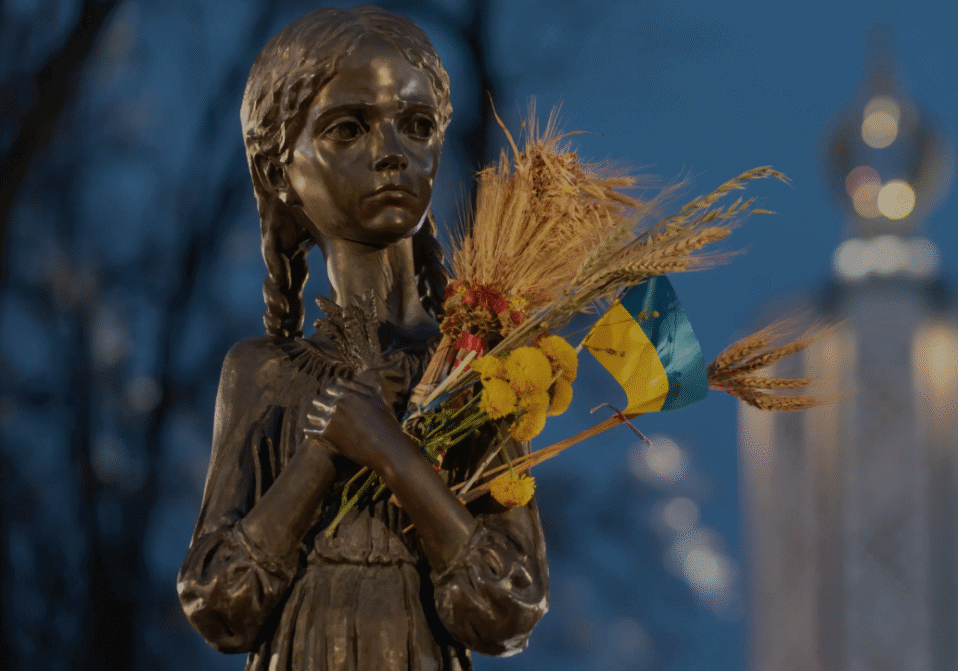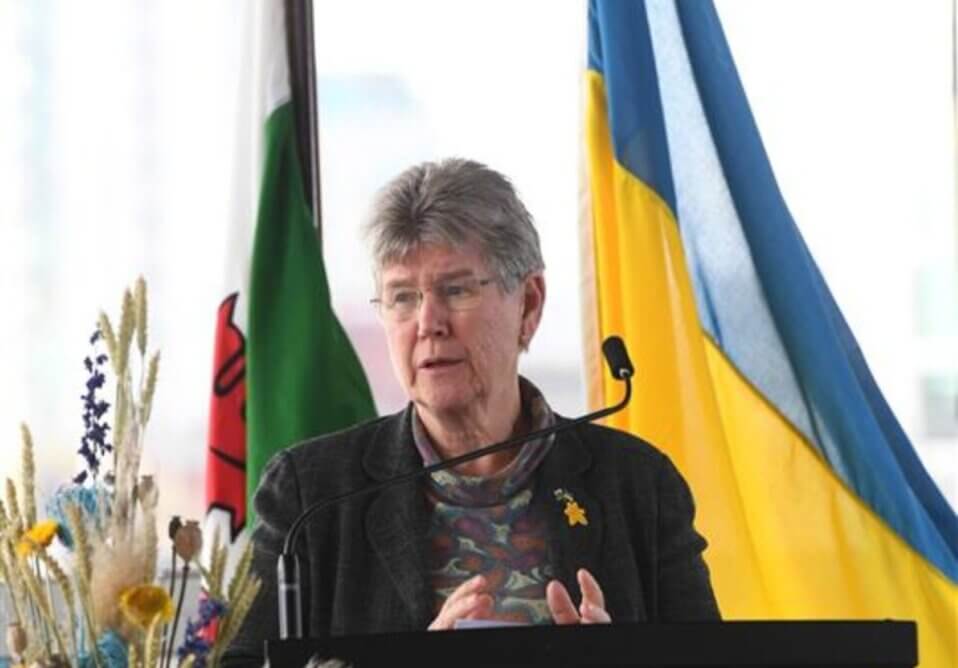Mick Antoniw is a man whose life has become a bridge between cultures, peoples, and generations. As a Member of the Senedd for Pontypridd and the son of Ukrainian and Danish immigrants, he has carried his Ukrainian roots from a working-class childhood to the high offices of Welsh politics.
In an exclusive interview for Ukrainians.Wales, Mick shares how his heritage shaped him, how he supports Ukraine in times of war, and how he envisions the future of ties between Wales and Ukraine.
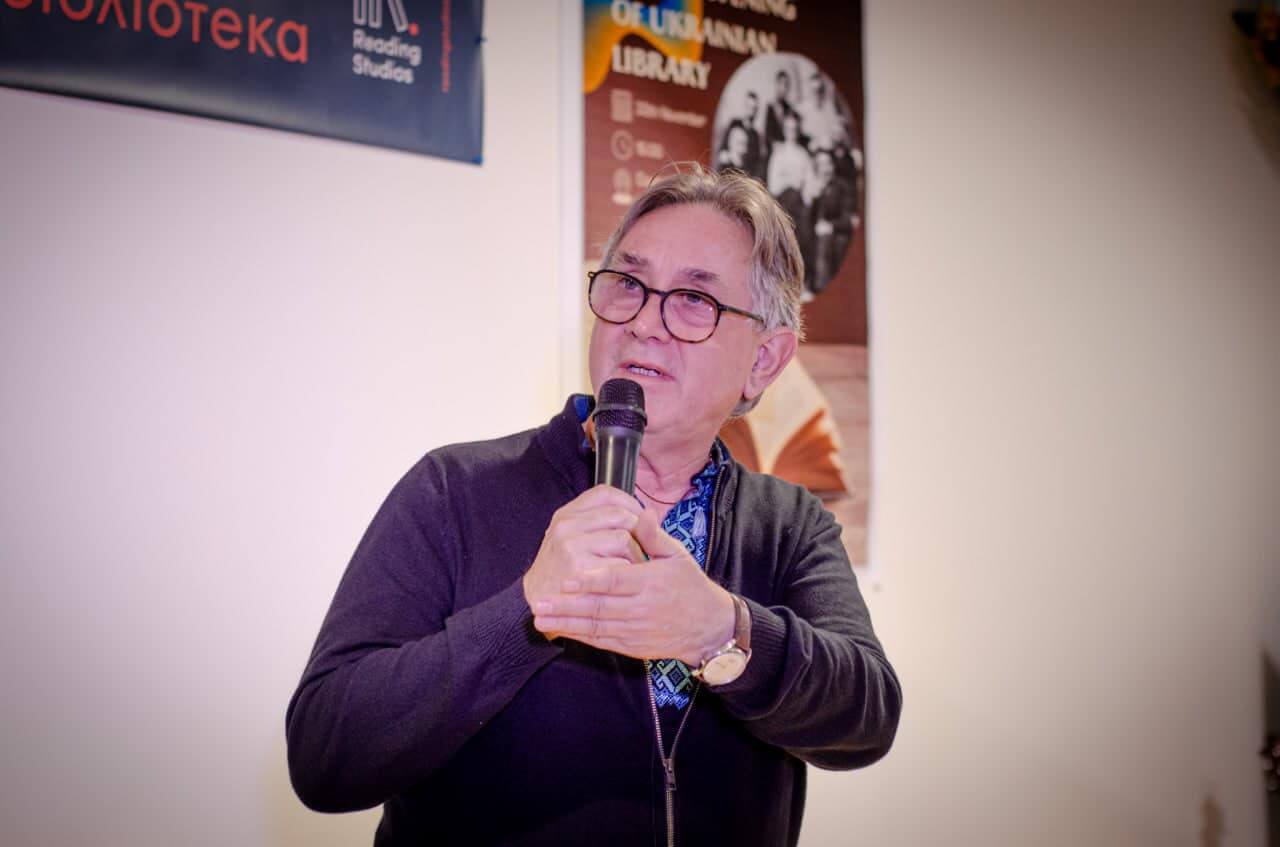
Mick Antoniw
Roots That Shape the Soul
Mick’s story begins with his father, a Ukrainian refugee who arrived in Great Britain after World War II. Working as a carpenter in displaced persons camps in Scotland and Aldershot, he eventually moved to Reading when Mick was six years old, where he found refuge in a close-knit Ukrainian diaspora.
“My childhood was permeated by the Ukrainian community,” Mick recalls. “We attended Ukrainian school, where we learned to read and write in our native language, immersed ourselves in poetry and history.”
But it was much more than just education. Mick danced in an ensemble, played violin and mandolin in an orchestra. His social life revolved around youth associations and camps.
“It was a diaspora of refugees, former forced laborers, partisans, and soldiers,” he explains. “People with intense political lives, united by the desire to preserve their identity.”
His mother’s Danish heritage, though less prominent, also added color: visits to relatives in Denmark, a few Danish phrases he still remembers, regular contact with Danish cousins. But it was Ukrainian culture that became the foundation of his worldview.
“Language is not just words, it’s the soul of a people,” says Mick, quoting Taras Shevchenko: “Learn from others, but do not forsake your own.”
He pauses, emphasizing the importance of these words: “Russification, imposed by Stalin after the 1930s, sought to destroy Ukrainian identity. Today, speaking Ukrainian is not just a means of communication, it’s an act of resistance and a political statement about value and identity.”
A Legacy of Struggle and Self-Sacrifice
Life for Ukrainian refugees in post-war Britain was not easy. Hard work on farms, in mines, on construction sites. The necessity of learning a new language. Discrimination that all migrants of that time faced.
“Many of them couldn’t read or write because they came from very poor regions of Ukraine,” Mick recounts. “There was almost no intelligentsia among them. But they had an incredible work ethic and an unwavering will to preserve their identity.”
This will manifested in concrete actions. They worked together as a cohesive community, building churches, libraries, and community centers, developing cultural activities. “Many lived for the struggle for Ukraine’s freedom, dedicating their entire lives to it,” says Mick.
This spirit of self-sacrifice and faith in education inspired Mick and his brother. Both obtained higher education—a rarity for children from working-class families at that time.
“We grew up with the conviction that education is key. That by working in community, reading, discussing, planning, and aspiring—anything can be achieved. But it must be based on the principle of common good, otherwise it’s worth nothing.”
A Message for Today’s Ukrainians
Today, as an influential figure in Wales, Mick sees in his story a clear message for newly arrived Ukrainians.
“Ukrainians have already shown that they respect and value local traditions, Welsh culture and language,” he says with pride. “A striking example is the performance of Yma o Hyd in Welsh and Ukrainian. Ukrainians are working, contributing to the economy, opening their own businesses.”
His advice is simple but profound: “It’s important to preserve your identity, but also to strive for a better life for your children. Whether it will be here or in Ukraine. Acquire skills that you can take home with you when the time comes for reconstruction.”
Return to Roots: 1989
In 1989, when the Soviet Union was beginning to crack at the seams, Mick first set foot on Ukrainian soil. He was part of a group called “Dialoh” (Dialogue), which secretly delivered literature for dissidents and supported opposition movements.
“We produced documents in small format so they could be passed underground,” he recalls. “But I also had a personal goal: to find my family.”
Contact with relatives had been impossible for decades. Most of his family had been deported by Stalin to Siberia in 1950, after which they scattered throughout Ukraine.
“I knew almost nothing about them,” says Mick. “But when the Soviet Union began to collapse, I was finally able to establish contact. And since then we’ve been in constant touch. Now I have relatives in both eastern and western Ukraine.”
His connection with Ukraine continued to deepen over the years. He was in Kyiv during the Revolution of Dignity, regularly visited the country, and felt how his father’s history was becoming part of his own.
February 2022: When the Unthinkable Became Reality
“I was in Kyiv shortly before the invasion,” Mick recalls. “It became clear that Russia’s attack was imminent, and we had to leave. We were meeting with government and trade union representatives.”
Even seeing all the signs, it was hard to believe: “We all thought: this just can’t happen! But it did.”
Immediately after the start of the full-scale war, Mick and his colleagues began planning support for Ukrainian resistance. Drawing on long-standing connections between Welsh and Ukrainian miners, they organized the delivery of vehicles and equipment to the front lines.
On the Front Lines of Support: Senedd 4 Ukraine
Since the start of the full-scale war, Mick has undertaken humanitarian missions to Ukraine through the cross-party initiative Senedd 4 Ukraine, which is supported by all political parties in the Senedd.
The figures are striking: 49 vehicles and over one million pounds sterling in aid. Many of them are donations from the National Health Service, businesses, trade unions, and ordinary people from all over Wales.
“Ukrainian communities have played an important role,” says Mick, “but so have many Welsh communities and individuals. Without them we couldn’t do what we do.”
But the deepest impression was left not by the numbers, but by the people.
“Meeting people on the front lines, ready to give their lives for freedom—it puts many of our problems in perspective,” Mick shares. “Miners, predominantly Russian-speaking, who resolutely defend Ukraine. Trade union members who risk their lives daily to protect citizens and keep cities running. It’s their unwavering courage that leaves a mark and motivates us to keep supporting them.”
One encounter was particularly memorable: “Volunteer Eddy from England was helping evacuate elderly people from front-line zones. He lost an arm and a leg in a drone attack, but decided to stay and continue working in Ukraine. Such dedication is striking.”
No less painful were encounters with children rescued from Russia: “They spoke about the abuse, the violence they endured, and attempts to Russify them. It’s a reminder that this war is not just about territory, but about the very existence of the Ukrainian people.”
The Personal Cost of War
The war touched Mick not only as a politician, but personally. Some of his relatives are now fighting on the front lines.
“It pushes me to keep acting,” he says simply. “They are incredibly resilient and try to maintain as much normality in life as possible.”
He pauses, reflecting on centuries of Ukrainian history: “There has hardly been a Ukrainian generation that hasn’t faced war, oppression, Russification. That’s why they’re so resilient and determined. That’s why Ukraine won’t lose.”
A Shared Soul: Wales and Ukraine
For Mick, the parallels between the Welsh and Ukrainians are obvious and profound.
“Both peoples have similar musical traditions,” he explains. “But most importantly—it’s the shared struggle to preserve language and identity. Bilingualism as a way of life. Traditions of community collectivism and cooperation.”
The mining heritage creates a particularly strong connection: “Between Wales and Eastern Ukraine there is a powerful mining cultural tradition. After all, it was Welsh miners and engineers who founded the city of Donetsk, originally called Yuzivka—after John Hughes.”
This historical kinship nourishes modern solidarity. “This solidarity is transforming into connections that can last,” says Mick. “Twinning of cities and schools, exchanges through modern technology. Ukrainians also enrich the collective culture of Wales. We can grow together.”
The Future Partnership
Mick sees Wales as a long-term partner for Ukraine—from humanitarian aid today to reconstruction support tomorrow.
“Right now we’re providing medical equipment, vehicles, and machinery,” he says. “After the war it will be support for reconstruction and reparations. Currently on the agenda is twinning cities and communities in Wales with their counterparts in Ukraine. This is an important way to develop solidarity.”
He particularly emphasizes education: “Ensuring education and training for Ukrainian children in Wales is an investment in Ukraine’s future. They will be able to contribute to the reconstruction of their country.”
Advice for Ukrainians in Wales
For Ukrainians building a new life in Wales, Mick has specific advice based on the experience of his own community:
Stay together. “The main challenge is to maintain a cohesive identity and support each other. Ukrainian Saturday schools are needed in various communities so that children can continue their Ukrainian education.”
Invest in education and skills. “There are opportunities to acquire education and professional skills that will be useful for Ukraine’s future.”
Participate in community life. “Your contribution makes Wales stronger, and the connections you build will last.”
Life Beyond Politics
Despite his busy schedule, Mick finds time for what nourishes his soul.
“I play the mandolin, though less often now because many of those I used to play with have passed away or gotten too old,” he shares with a slight note of sadness. “I read poetry, especially Ukrainian. I’m interested in politics and history. I love choral music and opera.”
After retirement next year, Mick plans to spend even more time in Ukraine.
A Bridge Between Worlds
Mick Antoniw’s story is about how roots nourish us throughout our lives. About how the pain of exile can transform into the strength of solidarity. About how one man can become a bridge between Ukrainian, Danish, and Welsh worlds, between past and future, between struggle and hope.
His call to Ukrainians in Wales is simple and powerful: “Be yourself, preserve your identity, but become part of Wales. Together we will build a better tomorrow—for both our peoples.”
And when he speaks these words, it becomes clear: this is not just a political statement. This is the personal mission of a man who never forgot where he came from, and who gives everything to help others find their way home—whether in Wales or in a future, free Ukraine.
Photos from Mick Antoniw’s personal archive
By Viktor Moroz for Ukrainians.Wales

